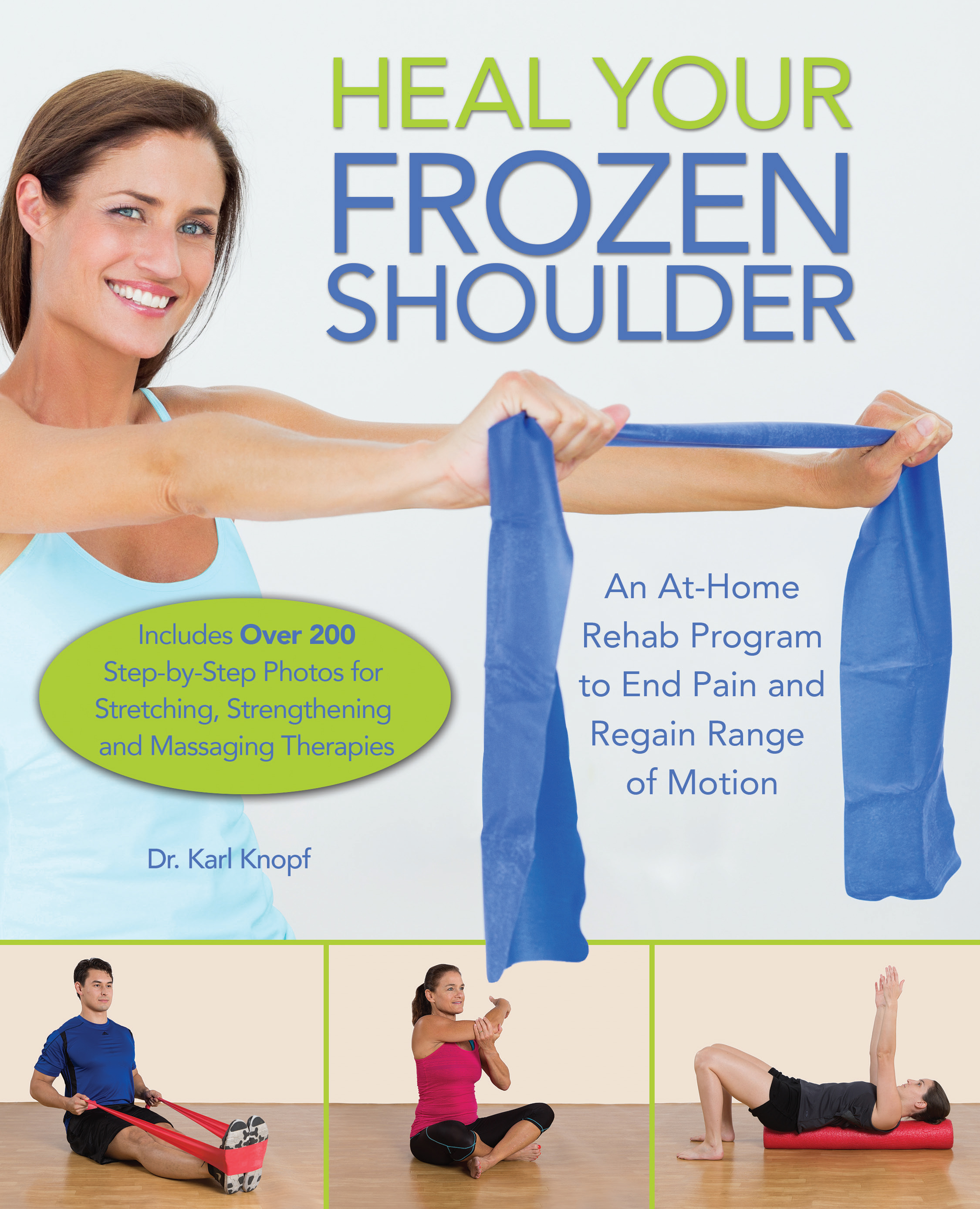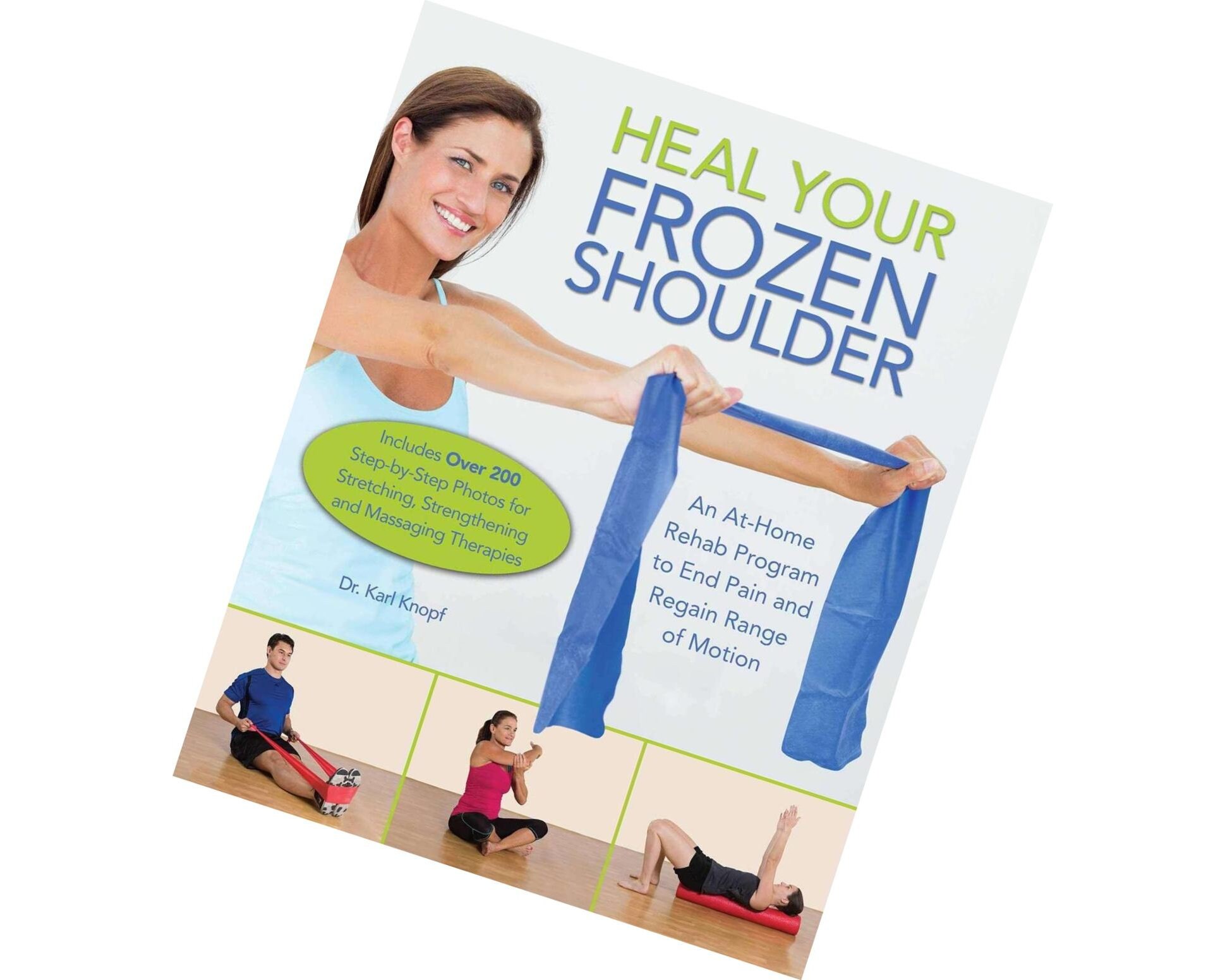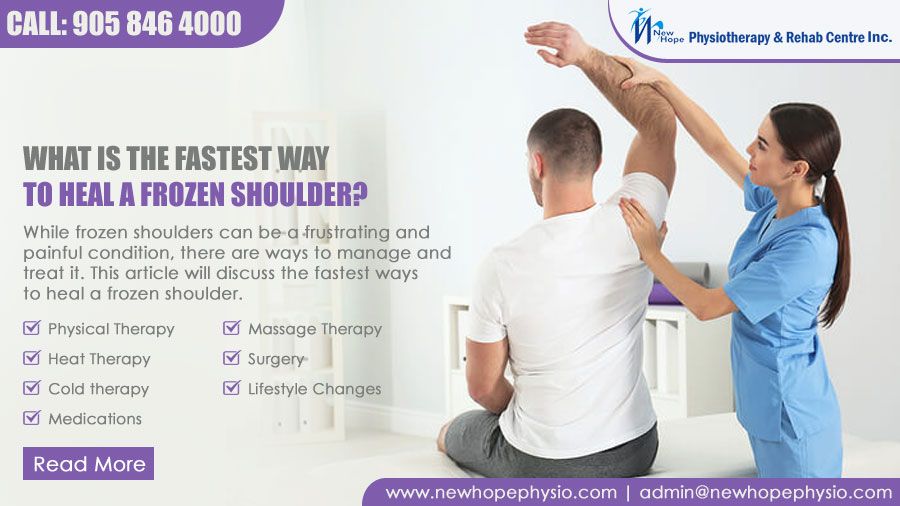Supreme Tips About How To Heal A Frozen Shoulder

A frozen shoulder can be a painful and frustrating condition.
How to heal a frozen shoulder. Medications pain relievers such as aspirin and ibuprofen (advil, motrin ib, others) can help reduce pain and inflammation associated with frozen shoulder. With inflammation comes pain that is worse with movement, which limits the ability to use the joint in its full range of motion. Keeping your upper arm as still as possible, move your forearm back and forth in a repetitive motion, like you’re hammering a nail into a wall.
Most frozen shoulder treatment involves controlling shoulder pain and preserving as much range of motion in the shoulder as possible. Suggested that there was limited evidence or benefit of manual therapy and exercise when used in isolation to treat adhesive capsulitis. Mayo clinic minute:
Find out how to access msk services in your area. A frozen shoulder develops in stages. Improvement usually takes time and persistent use of practices.
It thickens over time, forming scar tissue. Pain and stiffness in your shoulder can make every activity, including sleep, difficult. Gently lift your arm and bend your forearm back behind your head, as if you’re going to throw a ball.
However, with the proper exercises, you can thaw your frozen shoulder and restore normal function and strength. Injecting sterile water into the joint capsule can help stretch the tissue and make it easier to move the joint. Your orthopedic surgeon or physical therapist can develop an.
Rest your arm on the floor. Physical therapy is the mainstay of treatment for frozen shoulder. The treatment for a frozen shoulder is focused on relieving pain and restoring the shoulder's normal range of motion.
Routine stretching and exercise can help most people with frozen shoulder relieve pain and improve range of motion. Your shoulder movement is limited. Injecting corticosteroids into the shoulder joint might help decrease pain and improve shoulder mobility, especially if given soon after frozen shoulder begins.
He says frozen shoulder happens when the lining that goes around the shoulder joint gets inflamed, possibly the result of a small injury. Christopher camp, a mayo clinic orthopedic surgeon. Freezing in the freezing stage, you slowly have more and more pain.
Worsening shoulder pain, especially at night, could mean you have a frozen shoulder, says dr. Shoulder or limited shoulder motion (arthritis, calcium deposits, etc). Gently roll back and forth over the foam roller.
Stages of frozen shoulder the symptoms of a frozen shoulder usually get worse gradually, over a number of months. In more than 90 percent of cases, frozen shoulder goes away with physical therapy and time. You can treat pain and stiffness yourself by taking ibuprofen (advil) and doing gentle stretching.


















